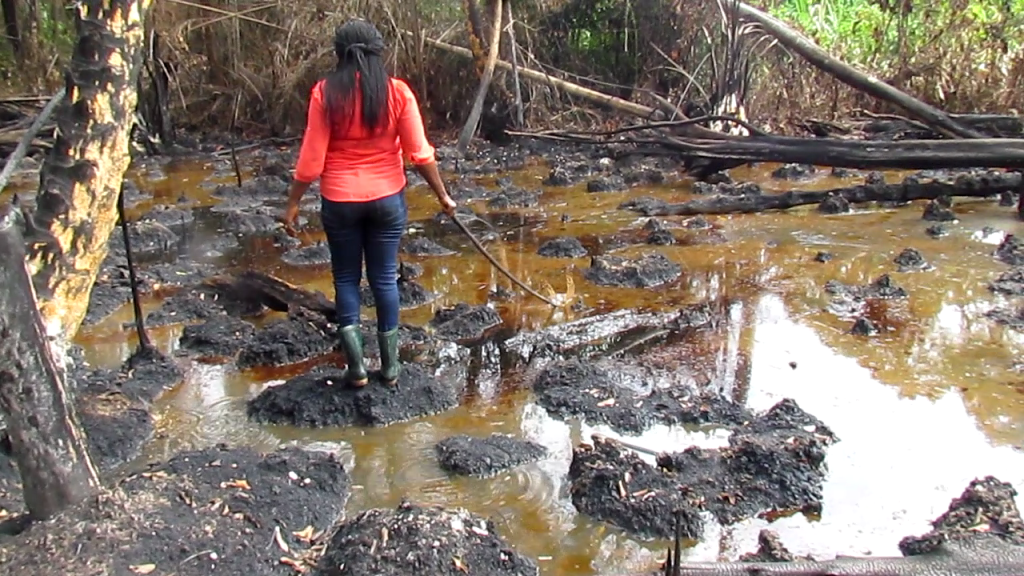The oil and gas industry in Nigeria is well-known for its abundance of natural resources. However, one natural resource that stands out is the oil and gas industry. With Nigeria being the largest oil-producing country in Africa and the sixth largest oil-producing country in the world, it’s no surprise that this industry plays a vital role in the country’s economy.
The Oil and Gas Industry in Nigeria: An Overview
The oil and gas industry in Nigeria dates back to 1956 when oil was discovered in the Niger Delta region. Over the years, the industry has grown significantly, and Nigeria’s oil reserves currently stand at around 37 billion barrels. The industry contributes over 90% of Nigeria’s export revenue and about 9% of its GDP.

The Production Process
The production of oil and gas in Nigeria involves various activities such as exploration, drilling, production, and refining. Exploration involves the search for oil and gas reserves in different parts of the country while drilling is making a hole in the ground to get oil. After drilling, the production process takes place, which involves extracting the oil and gas from the ground.
Finally, They then transport the extracted oil and gas to refineries, where it is refined into various products such as petrol, diesel, and kerosene.
Setbacks in the Industry
The oil and gas industry in Nigeria faces several challenges, including oil theft and pipeline vandalism, which leads to loss of revenue and environmental pollution. The industry struggles with fluctuating global oil prices, which impacts Nigeria’s revenue. The industry depends highly on foreign technology and expertise, which hinders the growth of local capacity.

Impact on the Environment and Communities
The oil and gas industry has had a significant impact on the environment and communities in the Niger Delta region. Oil spills, gas flaring, and environmental degradation have led to the loss of livelihoods and health problems for local communities. The Nigerian government has taken steps to address these issues, such as implementing stricter environmental laws and encouraging sustainable development in the region.
Conclusion
The oil and gas industry is a vital natural resource in Nigeria, contributing significantly to the country’s economy. Although the industry faces several challenges, there are opportunities for growth and development.
To sum it up, The Nigerian government and oil companies need to work together to address the challenges facing the industry and mitigate its impact on the environment and communities.
Read: Unveiling the Dual Nature of Palm Oil: Exploring Economic Benefits and Nutritional Advantages







